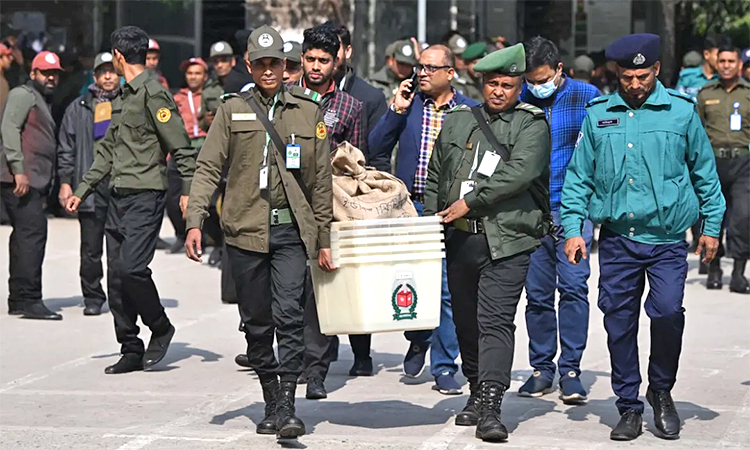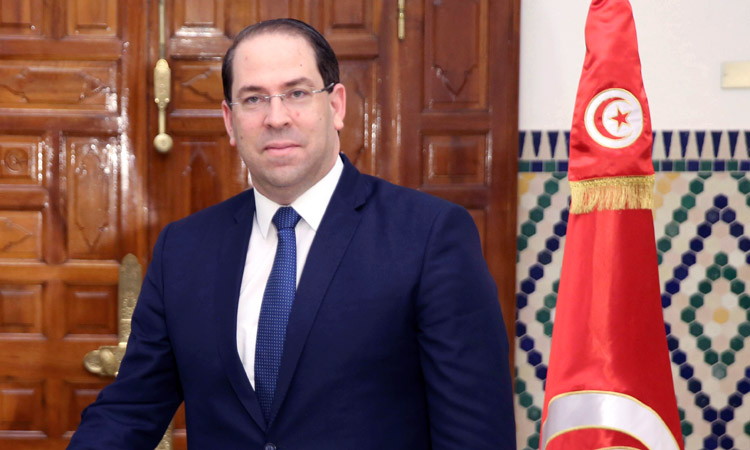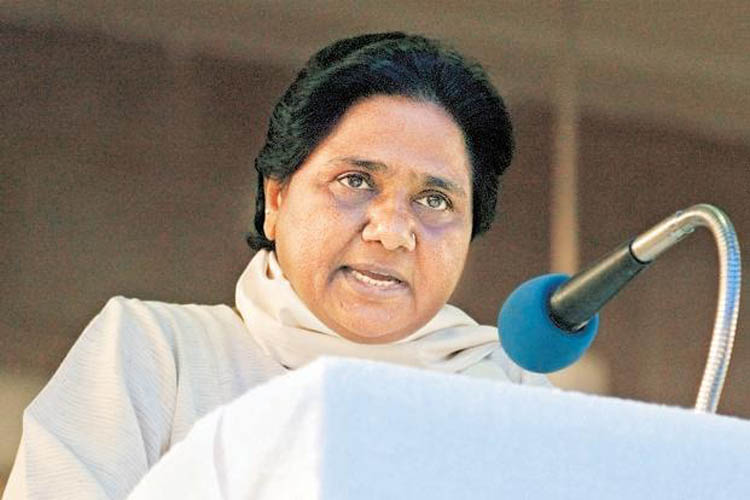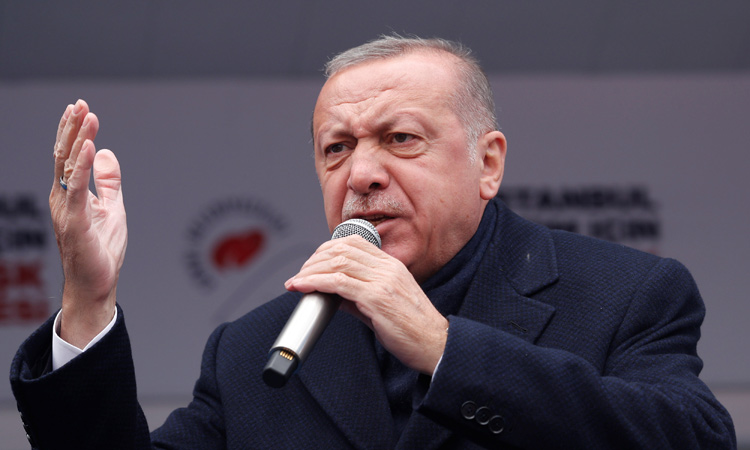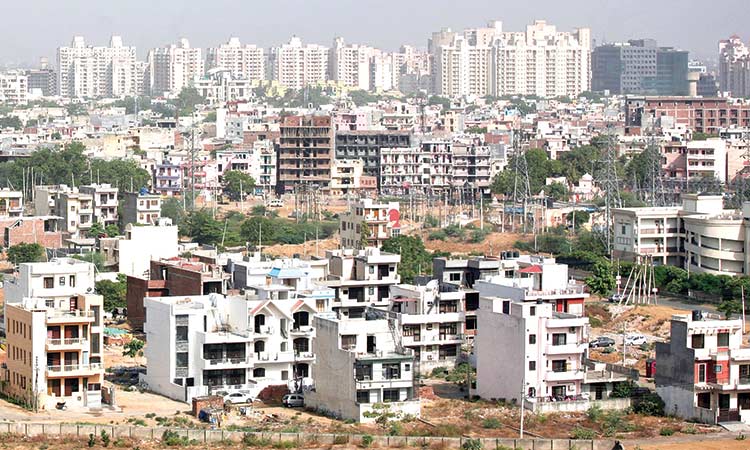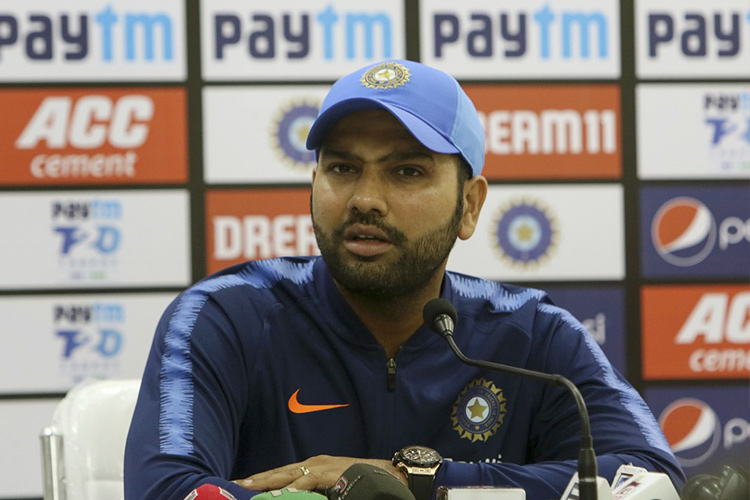Bangladesh garment exporters fear sanctions
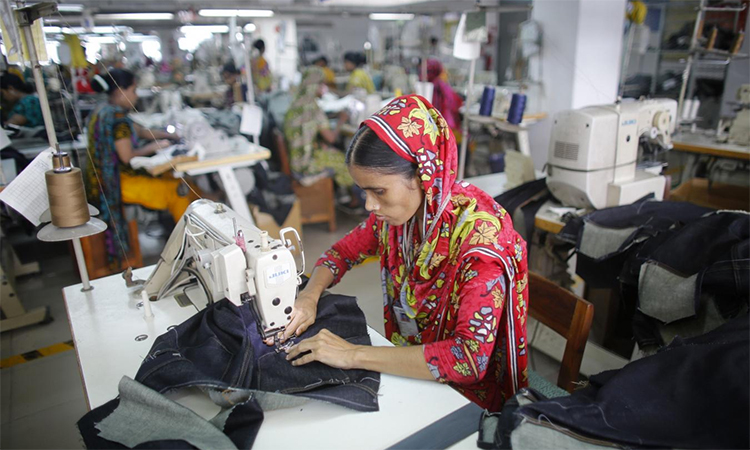
A view of a garments factory in Savar, Dhaka. Reuters
The United Nations, the United States, the European Union and the United Kingdom may impose sanctions if they think that the elections are unfair. This apprehension came to light when one of the companies in its Letter of Credit (LC) specified, “We will not process transactions involving any country, region or party sanctioned by the UN, US, EU and UK.” This is being interpreted by president of Bangladesh Garments Manufacturers and Exporters Association (BGMEA) Faruqe Hassan as a precautionary clause and that there is no real threat of sanctions.
Hassan said, “From BGMEA, we have already contacted buyers and the issue was sorted out. It was just a cautionary clause inserted by the bank who prepared the LC on behalf of buyers. It doesn’t mean that any country is planning to impose some sanctions on our industry.”
But it is a fact that the 2018 general election in Bangladesh has been one-sided with the ruling Awami League winning 153 of the 288 seats it had won without a contest in a House of 300. Ready Made Garments (RMG) exports is one of the biggest export earners for Bangladesh and a sense of apprehension in the industry is not something that can be dismissed out of hand.
The BNP is seen as party to be right-of-centre supported by religious groups, some of them radical, and the Awami League is a secular centrist party. It can be argued that ideologies do not matter in a market economy, and that it does not matter which of the two national parties get elected in Bangladesh.
And Bangladesh has so far not attracted sanctions based on the issue of unfair elections. The negative view is perhaps being aired because if the Awami League were to win unopposed, then the prospect of a single dominant party, however secular, does not really matter.
There is however a real possibility of a one-sided election because of BNP’s boycott of elections, and Prime Minister Sheikh Hasina’s draconian action against the BNP workers. It makes them victims of an authoritarian regime. The Awami League does not want to let the country’s reins to go into the hands of a rightist party because the belief is that Awami League leader Sheikh Mujibur Rehman and his family were assassinated in August 1975 just four years after independence, and it is believed that the BNP supported those opposed to Sheikh Mujib.
Sheikh Hasina and her sister, daughters of Mujibur Rehman, survived because thy were not in the country at the time of elections. Like in many other countries, the fight between Awami League and the BNP is one between secularism, liberalism on the one had and right-wing conservatism on the other. But it is inevitable in a democracy that no one party can win all the time. The rightward tilt seen in the democracies of the European union, Latin America can be seen in the Asian polities as well. And it is also the case that in countries like Bangladesh, the opposition does not accept electoral defeat with grace. There are always accusations of rigging by the losing side.
Similarly, the victorious party tries to take harsh measures against the opposition, pursuing corruption cases and imprisoning opposition leaders. It is a fatal contest between the two sides, and that is what makes elections in countries like Bangladesh difficult and even ominous. And this has economic consequences.
